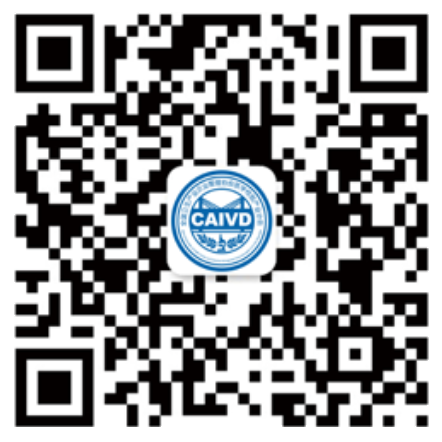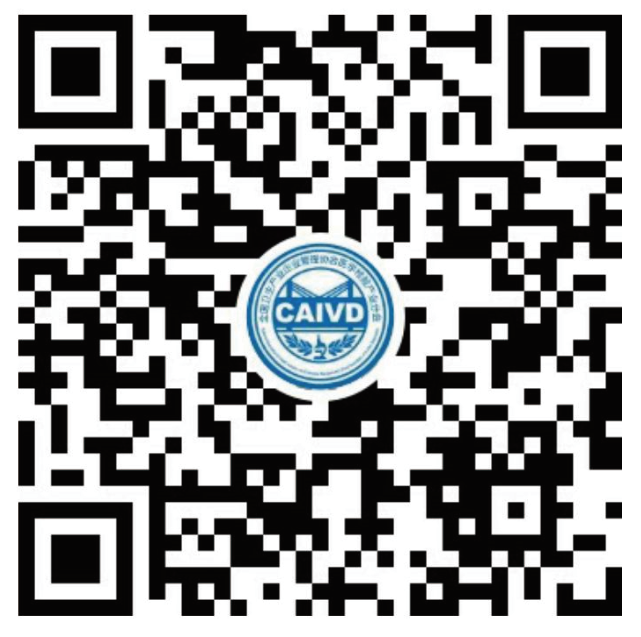
Bio-Rad Laboratories Products Indirectly Infringe 10x Genomics Patents, USITC Confirms
2020/2/28 10:54:29 Views£º1309
The US International Trade Commission has upheld a judge's previous determination that certain microfluidic products imported by Bio-Rad Laboratories indirectly infringe patents held by 10x Genomics.
On Wednesday, the USITC issued the final determination for its investigation into 10x's complaint, filed in 2018, and said it would "issue a limited exclusion order prohibiting further importation of Bio-Rad¡¯s infringing microfluidic systems and a cease and desist order against Bio-Rad." Neither monetary damages nor permanent injunctions are available as remedies under the statutes governing the USITC patent infringement cases and products manufactured domestically are not affected.
"We are encouraged by the USITC's decision today which recognizes our important intellectual property relating to single-cell genomics," a 10x Genomics spokesperson said in an email.
"Although we are disappointed by the commission's decision, we believe Bio-Rad has meritorious grounds for reversal on appeal," a Bio-Rad spokesperson said in an email. "We will continue to pursue our legal rights in this matter and in the event that the outcome is not favorable to Bio-Rad, we anticipate that the overall impact on our business will be minimal."
On a conference call Thursday to discuss the firm's fourth quarter and full year 2019 financial results, Annette Tumolo, executive VP and president of the life science group, said the USITC decision does not have a material impact on Bio-Rad's revenues and "really won't impact our customers" because the firm has taken steps to manufacture single-cell products domestically.
The USITC will allow Bio-Rad to import and sell ddSeq consumables to researchers using them in the US "for specific current ongoing research projects," the spokesperson added.
The full list of products USITC will prevent Bio-Rad from importing wasn't revealed, but it likely comprises components of the ddSeq system and assays for it. The accused products include Bio-Rad's ddSeq v1 Single-Cell Isolator and cartridges, the ddSeq cartridge holder, and assays including the SureCell WTA 3' v1 kit for single-cell RNA sequencing. Bio-Rad's post-trial brief listed a table containing 11 products, but with redacted names.
The USITC determination upheld findings issued in July 2019 by an administrative law judge stating that Bio-Rad had infringed three patents held by 10x but had not infringed a fourth.
The ruling is the latest turn in an intellectual property fight between the two companies. In 2018, Bio-Rad won a multimillion-dollar jury verdict for patent infringement by 10x and obtained an injunction to prevent 10x from selling its older GEM microfluidic chips to new customers. Bio-Rad followed that up with another lawsuit, alleging 10x's Next GEM chips also infringe its IP. A German court also found that 10x's GEM chips infringed on Bio-Rad IP and issued an injunction in November 2019 preventing sales of those consumables in that country. Bio-Rad had also filed an USITC complaint against 10x, but in December, the commission ruled 10x's Next GEM products did not infringe.
By law, USITC must send its final determination to the US president, who has 60 days to review it and may disapprove it for policy reasons. Bio-Rad has 60 days to file an appeal with the US Court of Appeals for the Federal Circuit.
The commission will set a bond of 25 percent of the value of the infringing microfluidic chips imported during the review.

- CAIVD WeChat
Subscription Account

- CAIVD WeChat
Channels
China Association of In-vitro Diagnostics
Part of the information in our website is from the internet.
If by any chance it violates your rights, please contact us.

